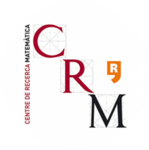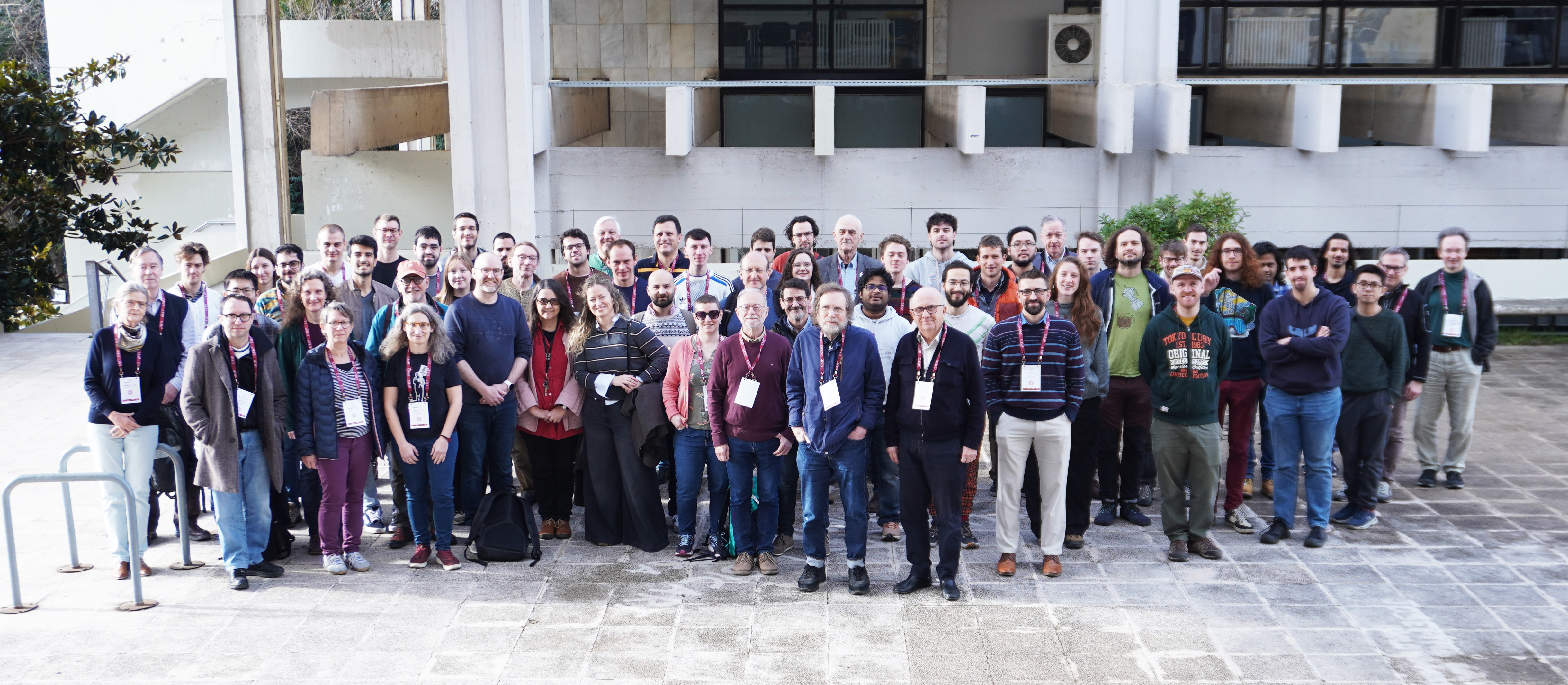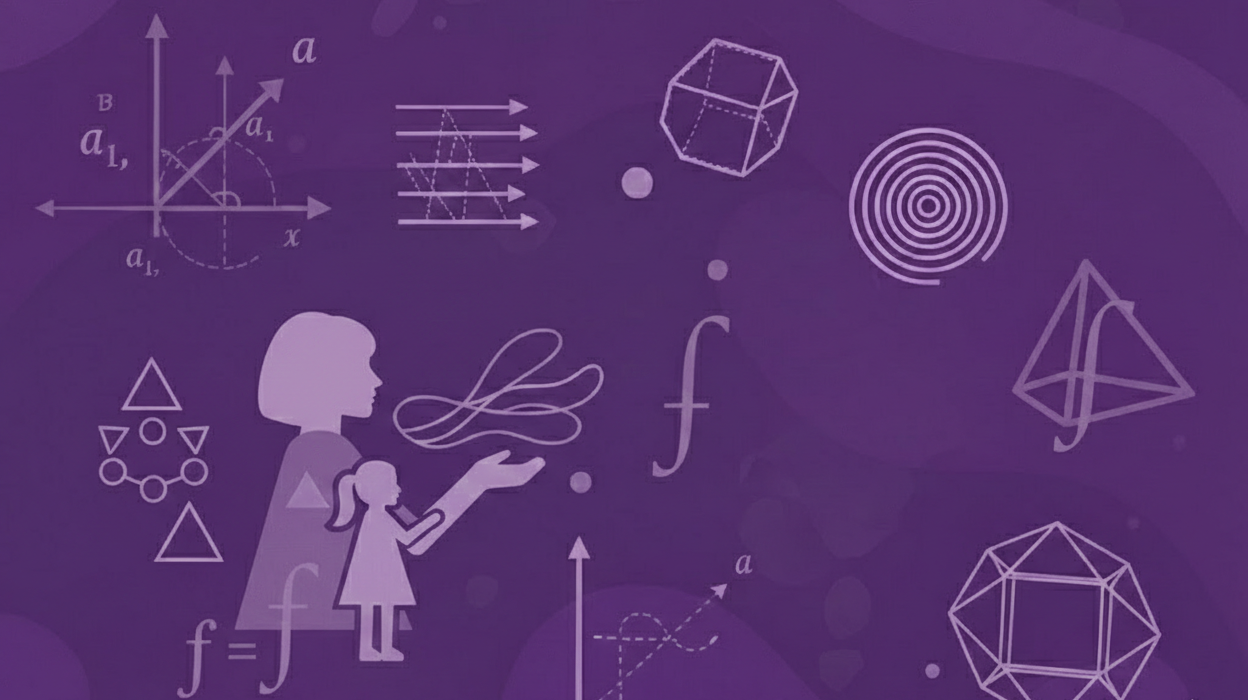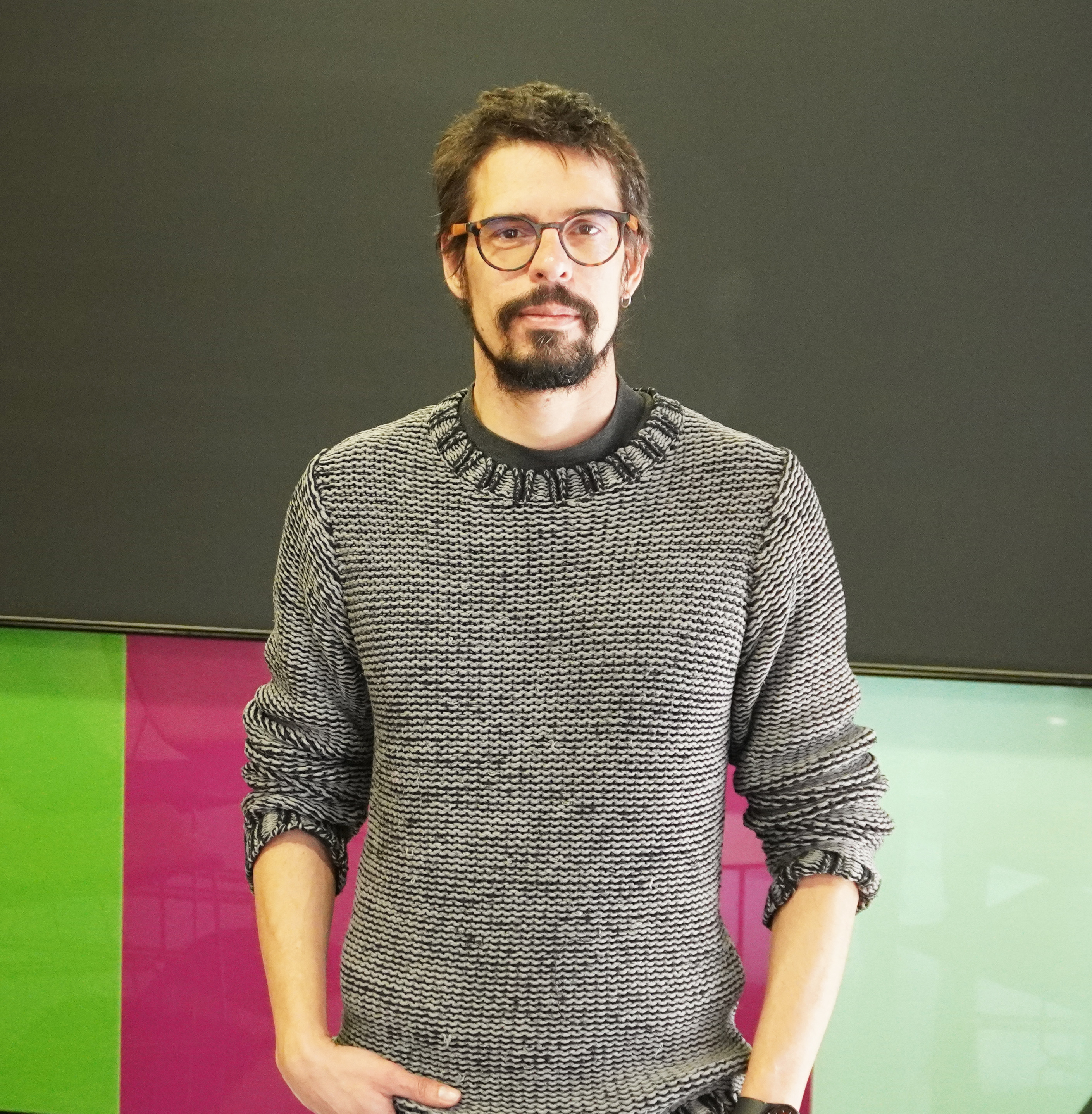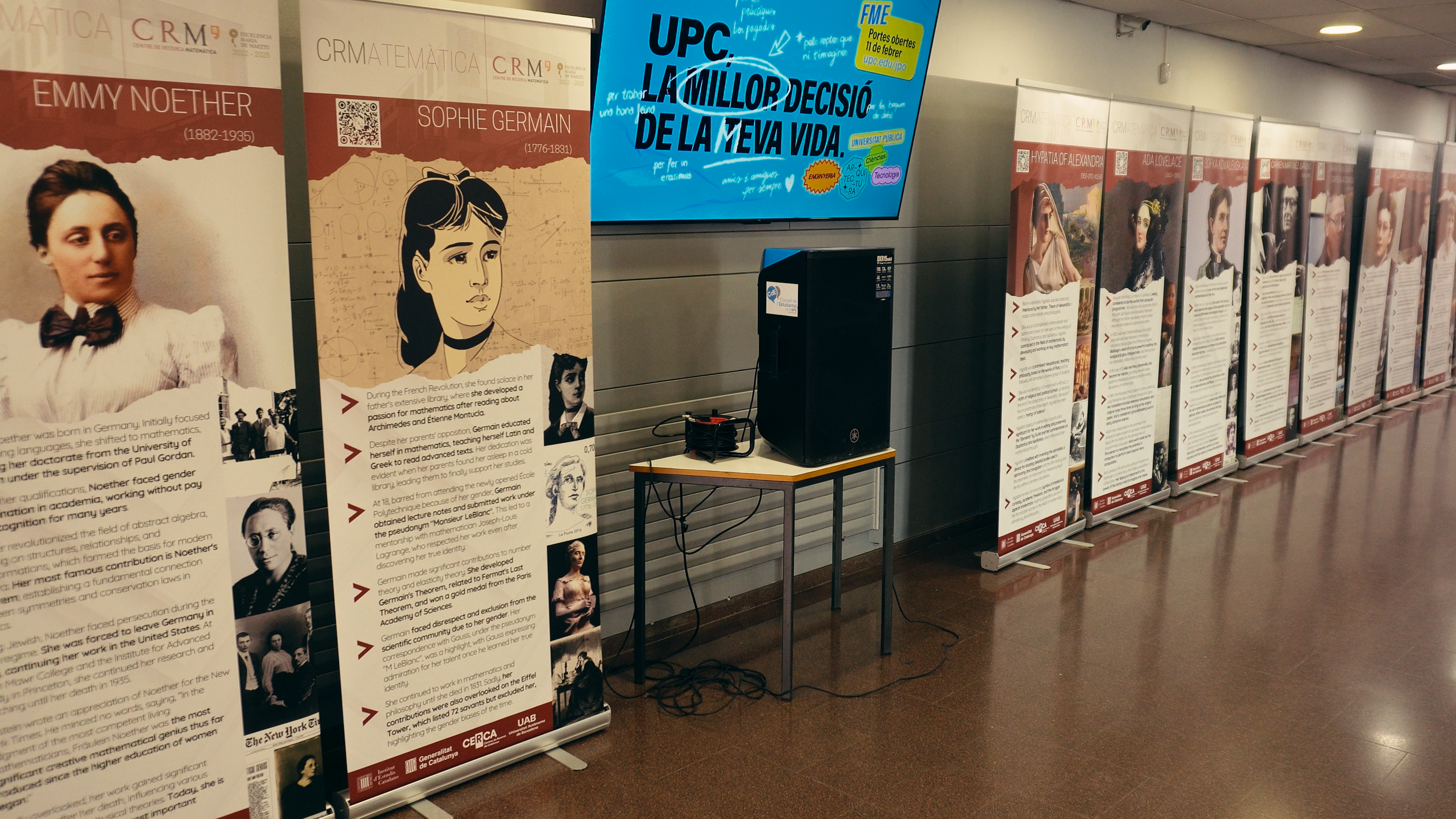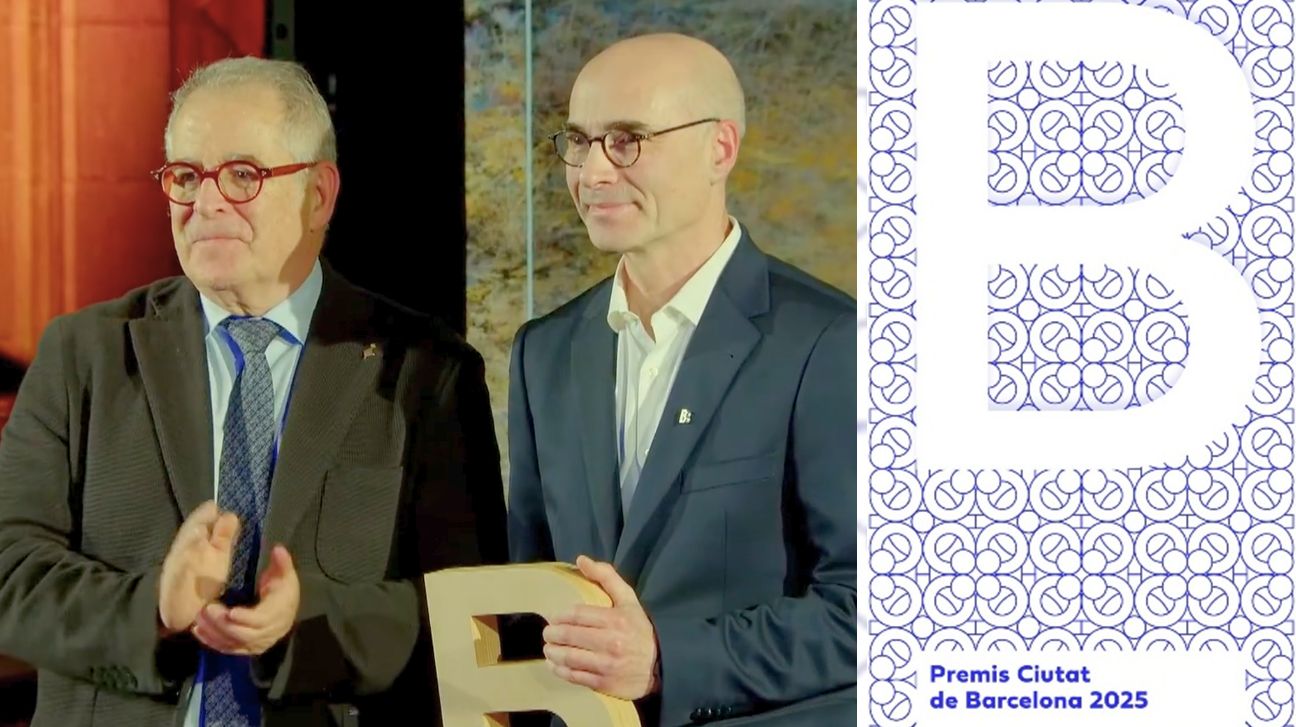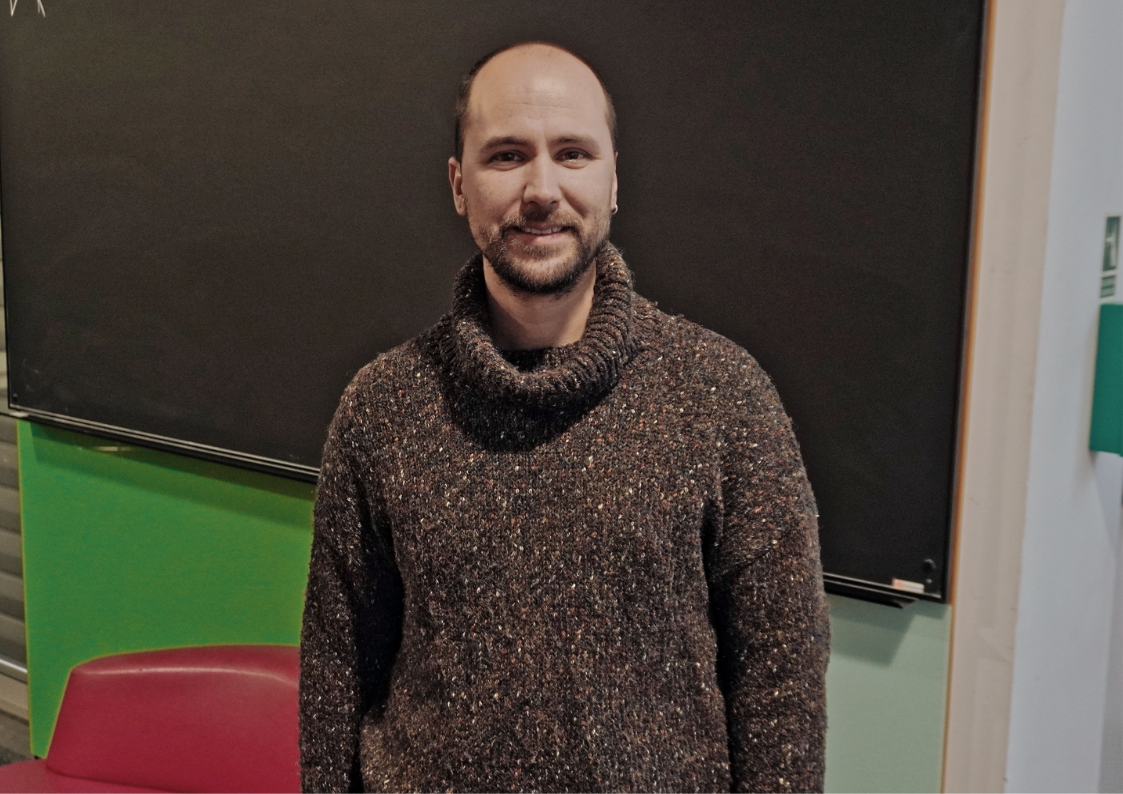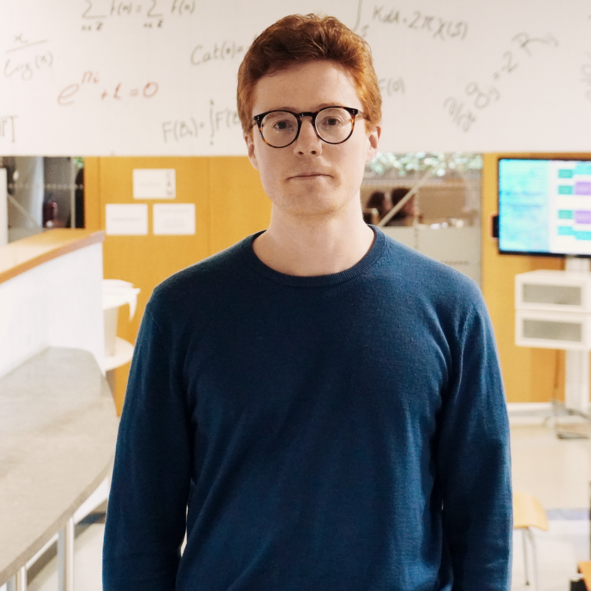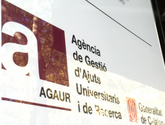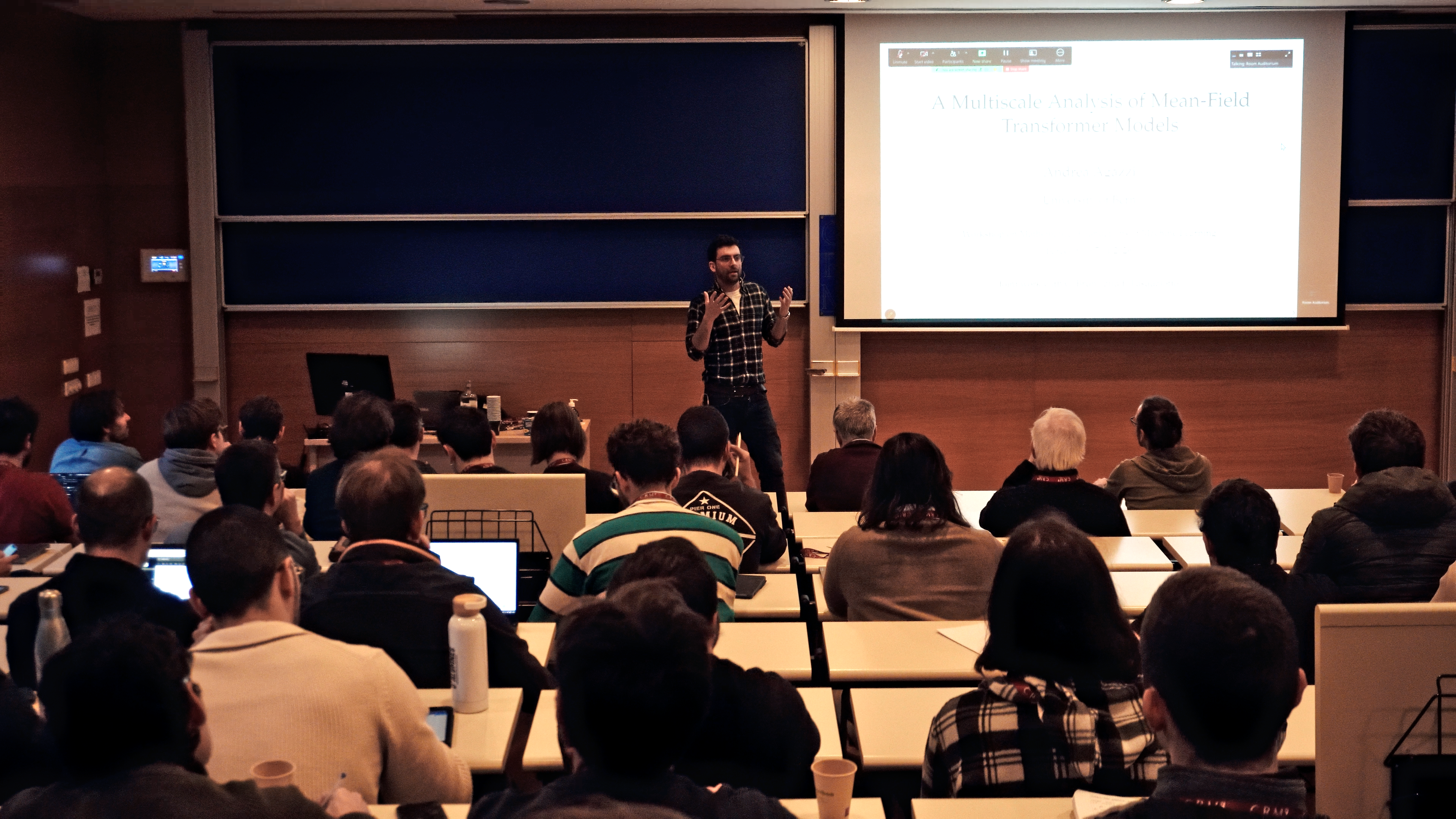
Researchers from the Centre de Recerca Matemàtica (CRM) are working on an innovative project called DYSEDAS, which aims to develop an efficient method for storing large amounts of data using techniques from symbolic dynamical systems. The project’s goal is to minimize data sizes without any loss of information. Initially, the focus is on compressing image files, which typically require substantial storage and bandwidth. Leading the project are Lluís Alsedà, a professor at the Universitat Autònoma de Barcelona and Director of the CRM, and David Romero, Director of the CRM Knowledge Transfer Unit.
David Romero explains that the main idea “is to develop a compression system that matches the level of existing compression systems, without requiring high levels of computation, making it more accessible for everyone to use.”
The tech industry’s growth has led to an increased demand for data storage, resulting in significant environmental consequences. Data centres, which store and process vast amounts of information, consume large amounts of electricity and contribute to CO2 emissions. By reducing data sizes, DYSEDAS aims to lower the energy requirements for data storage and transmission, thus reducing greenhouse gas emissions and environmental impact.
“Maintaining data is expensive because large data centers consume a lot of energy” adds Romero. “The goal of DYSEDAS is not just to create a compression algorithm specifically for images but to develop one that can handle any file type. There are algorithms that work better for images than text, and our aim is to address this variability.”
Moreover, the project offers potential economic benefits by lowering the need for extensive data storage infrastructure. This is especially beneficial for sectors like academia, healthcare, and public services that rely heavily on large volumes of data. For instance, the healthcare industry generates vast amounts of imaging data that require efficient storage solutions. DYSEDAS’s technology can make these processes more sustainable and cost-effective.
A Broader Vision for Sustainability
Projects such as DYSEDAS hope to contribute towards a more sustainable future where technology innovation does not come at the expense of our natural resources and ecosystems. By minimizing the environmental impact of managing the large volumes of data that nowadays flood storage facilities, the project supports global efforts to reduce carbon footprints. Additionally, the method’s universal applicability means it can be extended to other types of data beyond images, potentially transforming data storage across various domains.
The project also aligns with the goals of the FAIR/Open Science movement, promoting the use of scientific and technical data for innovation and modernization. By enhancing data management and distribution, DYSEDAS supports public sector agencies involved in critical areas such as weather, climate, and emergency services.
Romero highlights the importance of reproducibility in science, stating, “For science to be fair, experiments must be reproducible. The results obtained from the data should be reproducible, meaning that existing data should be usable in an open manner. If there is a lot of data, to conduct new experiments, this data must be stored compactly, accessible, and without any data loss using the compression algorithm.”
DYSEDAS is funded by the Spanish Ministerio de Ciencia, Innovación y Universidades as part of the Transición ecológica y transición digital call. This funding initiative aims to promote R&D activities to increase the competitiveness and international leadership of Spanish science and technology through the generation of scientific knowledge, quality research, and the development of technologies.
Digital transition projects such as DYSEDAS aim to enhance the infrastructures, skills, and technologies needed for a digital economy and society, fully leveraging the synergies and opportunities of new technological developments and data management, while prioritizing people and their digital rights.
Subscribe for more CRM News
|
|
CRM CommPau Varela & Mariona Fucho
|
When Symmetry Breaks the Rules: From Askey–Wilson Polynomials to Functions
Researchers Tom Koornwinder (U. Amsterdam) and Marta Mazzocco (ICREA-UPC-CRM) published a paper in Indagationes Mathematicae exploring DAHA symmetries. Their work shows that these symmetries shift Askey–Wilson polynomials into a continuous functional setting,and...
Homotopy Theory Conference Brings Together Diverse Research Perspectives
The Centre de Recerca Matemàtica hosted 75 mathematicians from over 20 countries for the Homotopy Structures in Barcelona conference, held February 9-13, 2026. Fourteen invited speakers presented research spanning rational equivariant cohomology theories, isovariant...
Three ICM speakers headline the first CRM Faculty Colloquium
On 19 February 2026, the Centre de Recerca Matemàtica inaugurated its first CRM Faculty Colloquium, a new quarterly event designed to bring together the mathematical community around the research carried out by scientists affiliated with the Centre. The CRM auditorium...
Trivial matemàtiques 11F-2026
Rescuing Data from the Pandemic: A Method to Correct Healthcare Shocks
When COVID-19 lockdowns disrupted healthcare in 2020, insurance companies discarded their data; claims had dropped 15%, and patterns made no sense. A new paper in Insurance: Mathematics and Economics shows how to rescue that information by...
L’exposició “Figures Visibles” s’inaugura a la FME-UPC
L'exposició "Figures Visibles", produïda pel CRM, s'ha inaugurat avui al vestíbul de la Facultat de Matemàtiques i Estadística (FME) de la UPC coincidint amb el Dia Internacional de la Nena i la Dona en la Ciència. La mostra recull la trajectòria...
Xavier Tolsa rep el Premi Ciutat de Barcelona per un resultat clau en matemàtica fonamental
L’investigador Xavier Tolsa (ICREA–UAB–CRM) ha estat guardonat amb el Premi Ciutat de Barcelona 2025 en la categoria de Ciències Fonamentals i Matemàtiques, un reconeixement que atorga l’Ajuntament de Barcelona i que enguany arriba a la seva 76a edició. L’acte de...
Axel Masó Returns to CRM as a Postdoctoral Researcher
Axel Masó returns to CRM as a postdoctoral researcher after a two-year stint at the Knowledge Transfer Unit. He joins the Mathematical Biology research group and KTU to work on the Neuromunt project, an interdisciplinary initiative that studies...
The 4th Barcelona Weekend on Operator Algebras: Open Problems, New Results, and Community
The 4th Barcelona Weekend on Operator Algebras, held at the CRM on January 30–31, 2026, brought together experts to discuss recent advances and open problems in the field.The event strengthened the exchange of ideas within the community and reinforced the CRM’s role...
From Phase Separation to Chromosome Architecture: Ander Movilla Joins CRM as Beatriu de Pinós Fellow
Ander Movilla has joined CRM as a Beatriu de Pinós postdoctoral fellow. Working with Tomás Alarcón, Movilla will develop mathematical models that capture not just the static architecture of DNA but its dynamic behaviour; how chromosome contacts shift as chemical marks...
Criteris de priorització de les sol·licituds dels ajuts Joan Oró per a la contractació de personal investigador predoctoral en formació (FI) 2026
A continuació podeu consultar la publicació dels criteris de priorització de les sol·licituds dels ajuts Joan Oró per a la contractació de personal investigador predoctoral en formació (FI 2026), dirigits a les universitats públiques i privades del...
Mathematics and Machine Learning: Barcelona Workshop Brings Disciplines Together
Over 100 researchers gathered at the Centre de Recerca Matemàtica to explore the mathematical foundations needed to understand modern artificial intelligence. The three-day workshop brought together mathematicians working on PDEs, probability, dynamical systems, and...

